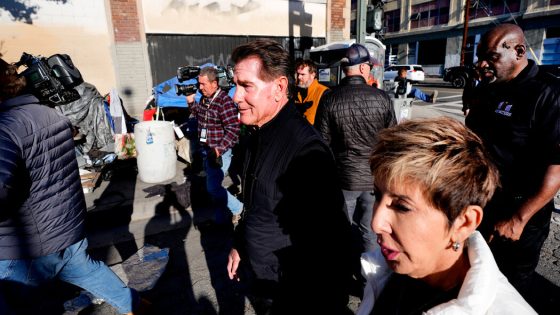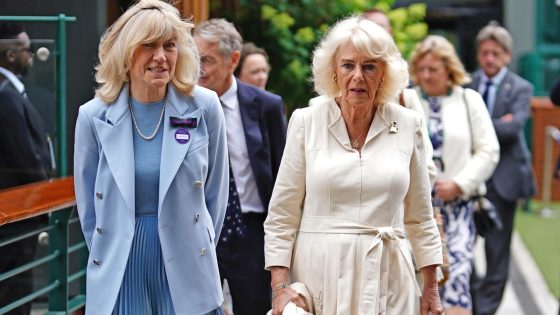Premier Doug Ford’s push to get beer and wine into convenience stores ahead of schedule will cost Ontario taxpayers at least $225 million, but there’s evidence the full price tag actually adds up to hundreds of millions more.
When the Ford government announced that it will pay the multinational owners of The Beer Store to allow what it calls “early implementation” of the expanded alcohol sales, it did not disclose the cost of other key components of its plan. Those components include:
- Giving private-sector retailers (including grocery and convenience stores) a wholesale discount of 10 per cent off the LCBO’s basic retail price.
- Giving brewers a full rebate of what the LCBO calls its “cost-of-service fees” on wholesale beer sales.
- Giving more than 8,000 grocery and convenience stores the right to sell beer, wine, cider and ready-to-drink beverages at prices lower than the LCBO’s.
Official figures from the Ministry of Finance and the LCBO obtained by CBC News on Monday show the province is facing a net revenue loss of $150 to $200 million per year as a result of the changes, in addition to the Beer Store payment.
The Ontario Liberal Party claims the costs will add up to $1 billion in direct payouts to the Beer Store, grocery chains and convenience store owners, as well as foregone revenue for the LCBO.

“It’s a billion-dollar booze boondoggle,” Liberal Leader Bonnie Crombie said Monday during a news conference at Queen’s Park.
Crombie and the Liberals base their $1 billion figure on these additional costs:
- $74 million per year to the large grocery chains by giving the 10 per cent wholesale discount.
- $375 million to the Beer Store by rebating the LCBO’s cost-of-service fees.
- $300 million in foregone revenue by not charging retailers a licensing fee.
Those amounts would be on top of the LCBO’s lost revenue from selling less alcohol through its own stores and on top of the $225 million payment to The Beer Store.
The Liberals are asking both Ontario’s auditor general and the Legislature’s Financial Accountability Office to investigate the true cost of the deal.
“Doug Ford has shown time and time again that he’s in office to cater to his wealthy, well-connected insider friends at the expense of the people of Ontario,” Crombie said. “The guy who promised yet failed to deliver buck-a-beer is now blowing a billion dollars on booze.”

CBC News reported last November that billions of dollars were at stake as the government prepared to change Ontario’s alcohol retailing landscape. The province earned $2.5 billion off the LCBO last year, an amount that does not include government taxes on alcohol.
The Liberals’ figures don’t take into account the fact that the LCBO will bring in additional revenue by becoming the sole wholesaler to the thousands of new retail locations in grocery and convenience stores, said a Ministry of Finance official.
“This is all net new revenue,” said the official.
LCBO projects net loss up to $150M
A confidential projection obtained by CBC News shows the LCBO expects to rake in an additional annual amount ranging from $900 million to $1.17 billion as wholesaler to the new retail outlets.
However, the same projection shows the LCBO expects the changes will knock anywhere from $600 million to $915 million per year off its retail revenue — and reduce the government’s annual tax take by about $400 million.
That makes the impact of the changes a net loss of $98 million to $150 million per year, according to the LCBO projection.
Finance ministry officials say the rebate of cost-of-service fees on beer will amount to another $45 million per year.

However, a source in the industry puts that figure far higher. CBC News is not identifying the source because their company has not authorized them to speak on the record.
The rebate will add up to about $350 million by the end of 2025, said the source. That figure is based on expected beer sales from eligible locations from now until then, multiplied by the cost-of-service fee of 74 cents per litre.
The reason for the big discrepancy: the government is only counting the cost-of-service fees paid by currently licensed grocers, while the industry source is counting the fees they expect on all sales outside Beer Store outlets.
Although the rebates and discounts are only slated to be in effect until Dec. 31, 2025, the source says the province will continue to lose out on this revenue in the long term. The source’s logic: if the government doesn’t keep fee reductions in place, there would be a spike in the price of booze in 2026.
“They’re not going to be able to put the genie back in the bottle,” said the source.
The source estimates the cost to the treasury over the next year and a half will be closer to the Liberals’ figure of $1 billion than the government’s claim.
Opposition questions Ford on Beer Store payout
In question period Monday, Ford defended the $225 million payout to the Beer Store, which requires the companies to keep at least 300 locations open until the end of 2025.
“Why is this premier pouring money into the pockets of these big alcohol corporations while our emergency rooms are closing?” NDP Leader Marit Stiles asked Monday.

“We’re here to support the workers at the Beer Store,” Ford responded.
In December, Ford announced plans to allow convenience stores in Ontario to sell alcohol as of Jan. 1, 2026.
Ford’s PCs had promised the move in their 2018 and 2022 election campaigns, but an agreement with the Beer Store signed by the previous Liberal government limited the number of retail outlets that could sell beer, wine and cider until the end of 2025.
Industry insiders told CBC News at the time the penalties for scrapping the agreement early could put the province on the hook for hundreds of millions of dollars.
Source Agencies




